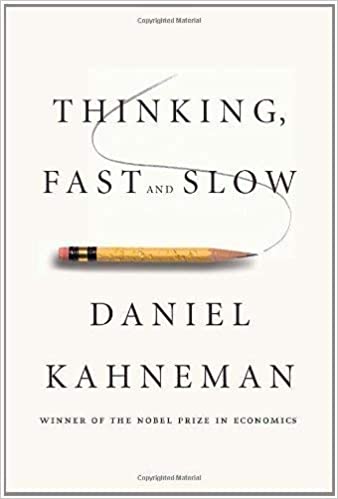Australians love on-line technology. About 80% of Australians report searching the internet for health information, and nearly 40% seek self‐treatment advice online.1,2 This is reflected in clinical experience where at times, a doctor can be treated like a vending machine – “give me that medicine for the condition that Dr. Google told me I have!”
In a recent article published in the Medical Journal of Australia, the investigators assessed the accuracy of thirty-six symptom checkers for diagnoses as benign as a sprained ankle through to a heart attack.3 The symptom checkers were measured against the clinical advice of two general practitioners and an emergency department specialist with a combined 87 years’ clinical experience.
They found that symptom checkers were correct 36% of the time and could triage conditions accurately 49% of the time. Pause to let that information sink in for a minute: when you look up Dr Google, you were more likely to get your diagnosis wrong and if you were critically ill, the chances of your being told you needed life-saving medical treatment is less than tossing a coin!
Why stories matter more than facts – the rise of social media
It is not uncommon for word of mouth or a blog post to beat sound clinical advice provided by your doctor. The author wrote about this under “Skin Blog 11” on isotretinoin (Roaccutane®/Oratane®) but a more common phenomenon is “steroid phobia”. Topical steroids are safe and when used appropriately have few side effects: https://www.dermcoll.edu.au/wp-content/uploads/ACD-Consensus-Statement-Topical-Corticosteroids-and-Eczema-Feb-2017.pdf
However, in spite of evidence, word-of-mouth is all it takes to alter one’s judgement. Why is that?
This phenomenon is beautifully explained by Nobel laureate, Daniel Kahneman in his book “Thinking Fast and Slow.”

Kahneman describes two primary (and competing) characters in our brain: System 1 and System 2. System 1 is the fast, intuitive and story-based decision-making process. System 1 calls upon memories, associations and quickly retrieved information. When we were roaming the plains of Africa, the brain has no time to judge whether the rustling in the grass is just the wind or a lion ready to pounce. System 1 acts quickly and base itself on previous experience, emotions and intuition. It builds upon stories we tell ourselves: “Watch out, rustling in the grass is a lion!”.
Unfortunately, System 1 tends to make mistakes as it shortcuts the system to save time.
System 2, is the slower system – it thinks using science and statistics. System 2 requires time to process the information and checks System 1. Unfortunately, System 2 is weak and is often over-ruled by the quicker, System 1.
With the rise of social media, doctors may be losing the battle because System 1 is being hacked with countless stories. When Paleo Pete tells people about a $15,000 light system (https://www.abc.net.au/news/2020-04-11/ama-hits-out-at-pete-evans-coronavirus-treatment-claim/12141490) to cure coronavirus, people buy into that. Why? There is a face (Paleo Pete), he tells us a story of his experience and he shows you with his emotionally cladded voice that it works. The brain thinks “This guy is famous (he is on TV so he must be credible) and I can see the facial expressions on his face”. This stimulates a rush in oxytocin5 and we believe him.
So the next time you read a post on social media or Dr. Google your symptoms, ask yourself: “Are you prepared to gamble with your life”? Doctors are trained with decades of experience with one purpose: to protect you.
References
- Cheng C, Dunn M. Health literacy and the Internet: a study on the readability of Australian online health information. Aust N Z J Public Health 2015; 39: 309–314.
- Healthdirect Australia. About health direct symptom checker. https://www.healthdirect.gov.au/about-healthdirect-symptom-checker
- Hill M et. al. The quality of diagnosis and triage advice provided by free online symptom checkers and apps in Australia. https://doi.org/10.5694/mja2.50600
- Why Inspiring Stories Make Us React: The Neuroscience of Narrative By Paul J. Zak, Ph.D. Cerebrum February 2015





